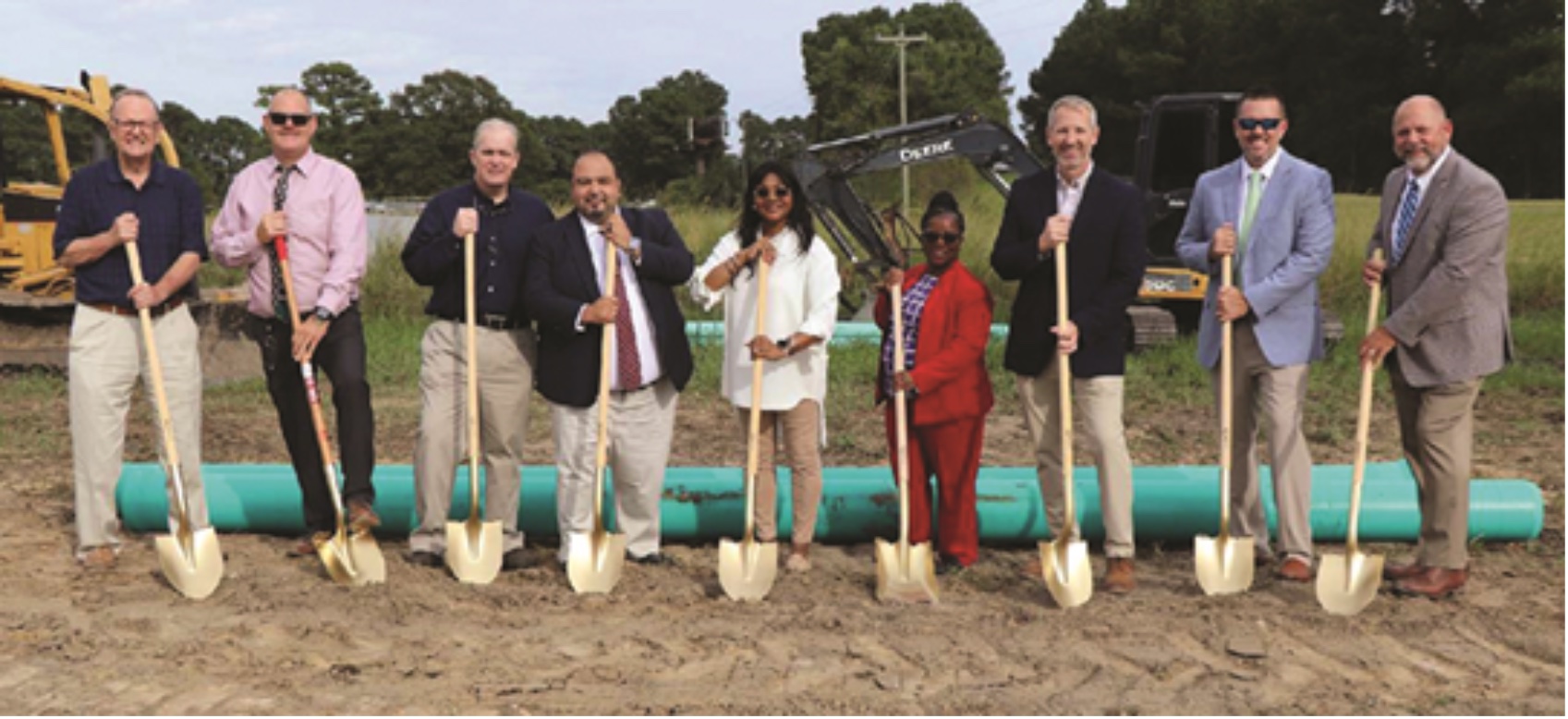MAGNOLIA — Town Manager Charles “Twig” Rollins recently announced his decision to step down as Magnolia town manager. His last day will be Oct. 12.
Rollins accepted a new role as town manager for Summerfield. He told Duplin Journal that the main driving factor for his decision was the long commute.
“I got married back in March, and I’ve been commuting, not every night, but it’s a long commute to be with my wife,” said Rollins, adding that his in-laws are battling cancer, and this move will put him and his wife closer to them so they can visit on the weekends.
Magnolia Police Chief Jerry Wood was appointed interim manager at last week’s special board meeting. Wood is a native of Beulaville and has been serving as police chief since 2021.
“He served as interim before while I was on vacation out of the country,” Rollins told Duplin Journal. “Everybody in town knows him and respects him. He did a good job as interim.”
While serving as Magnolia’s town manager, Rollins played a crucial role in obtaining grants and positioning the town for growth.
According to Mayor Dawn Ward, Rollins sought and obtained over $2 million in grants. Ward added that Rollins also established personnel, travel, and purchasing policies and established the first-ever Board budget-planning retreat, which is now done annually.
Among his many accomplishments, Rollins led the town to the sale of land that the town will use for an affordable housing development, and this will add about 100 new homes to Magnolia, said Mayor Ward, emphasizing that the list of his accomplishments in the last approximately 17 months, goes on and on.
According to Rollins, if everything goes according to plan, the development project will increase the tax base of Magnolia by 60% and the town’s population by 25-30%.
“It’s a real game changer for Magnolia and will allow for more services because of more money and tax dollars coming in.”
As for parting words, Rollins said he appreciates all the support from the community and the town board.
“They’ve been awesome,” said Rollins. “They’re a great board to work with and they’re going to continue to do great things, and I hope they finish the projects that I’ve started the initiatives for on their behalf.”
Mayor Ward told Duplin Journal that on Sept. 17, the Board voted unanimously to retain the Eastern Carolina Council to assist with the search for a new town manager. This week, they will have a special meeting to discuss the qualifications the Board seeks in the search for a new manager.
“We are grateful for all “Twig” has done for Magnolia and wish him all the best in his new position and any future endeavors,” said Mayor Ward.
 Twitter
Twitter Facebook
Facebook Instagram
Instagram


